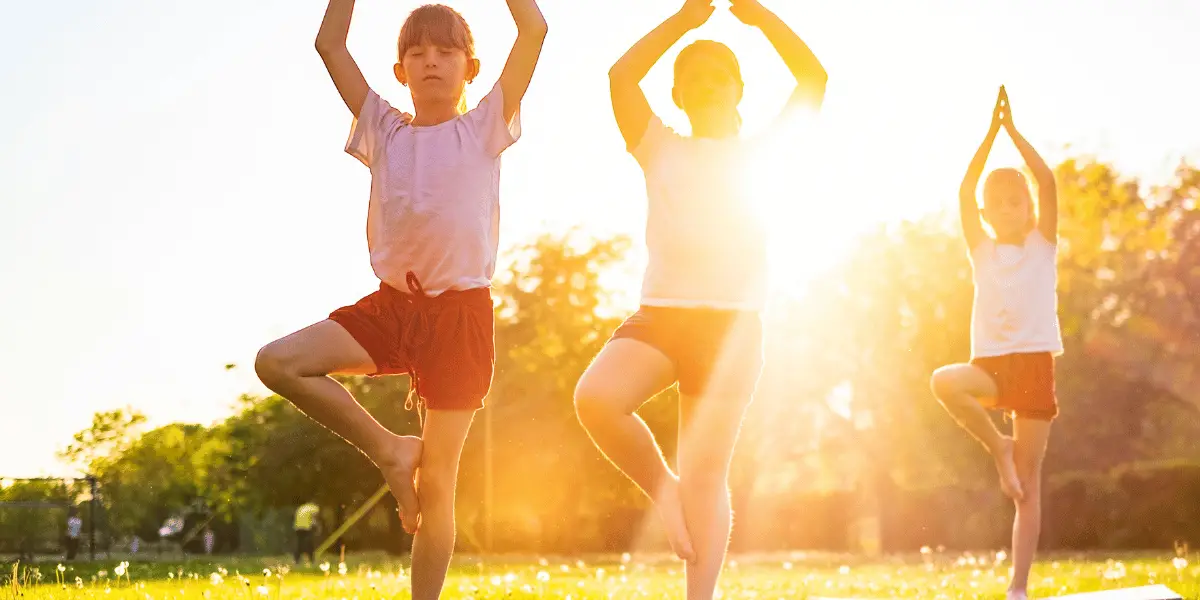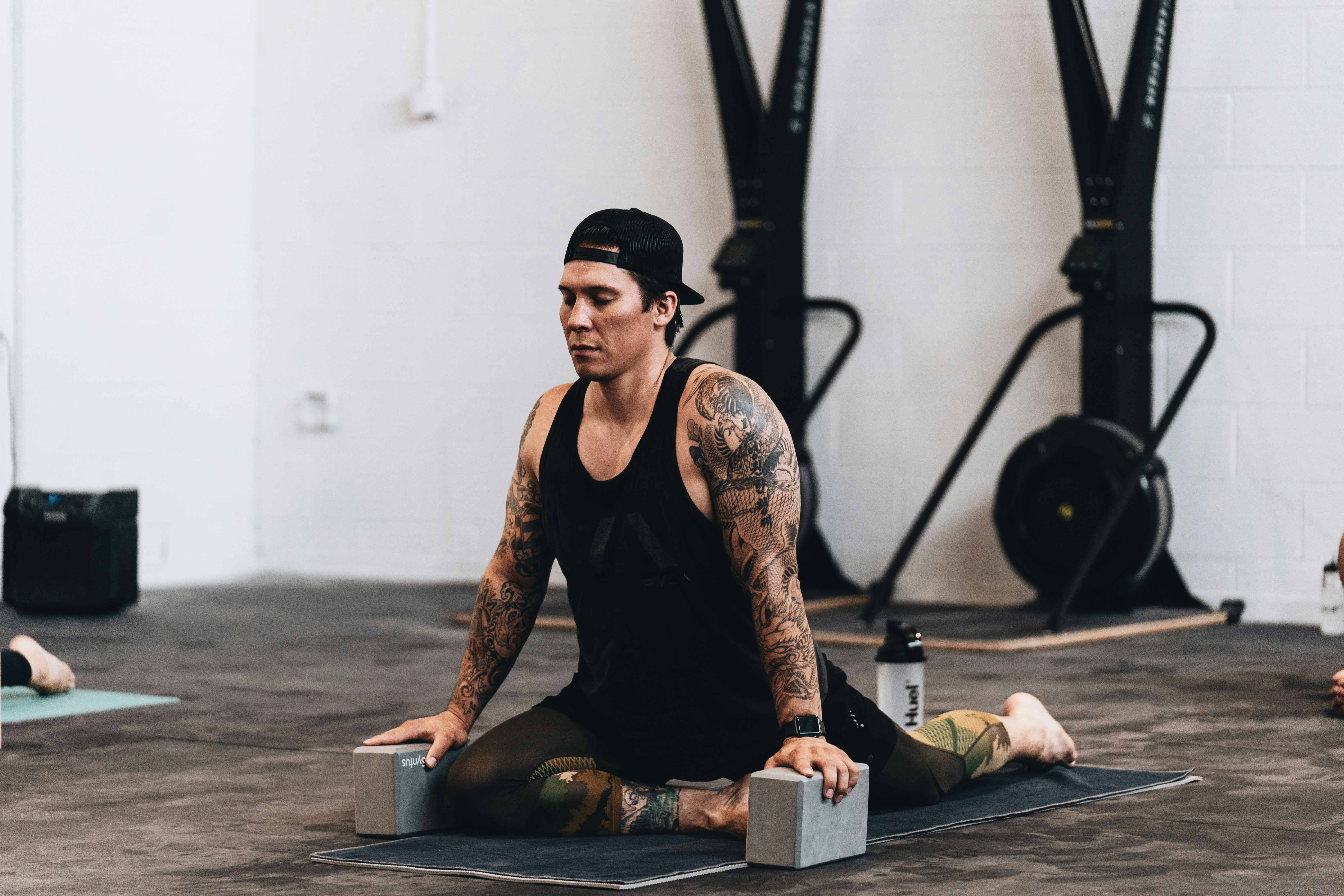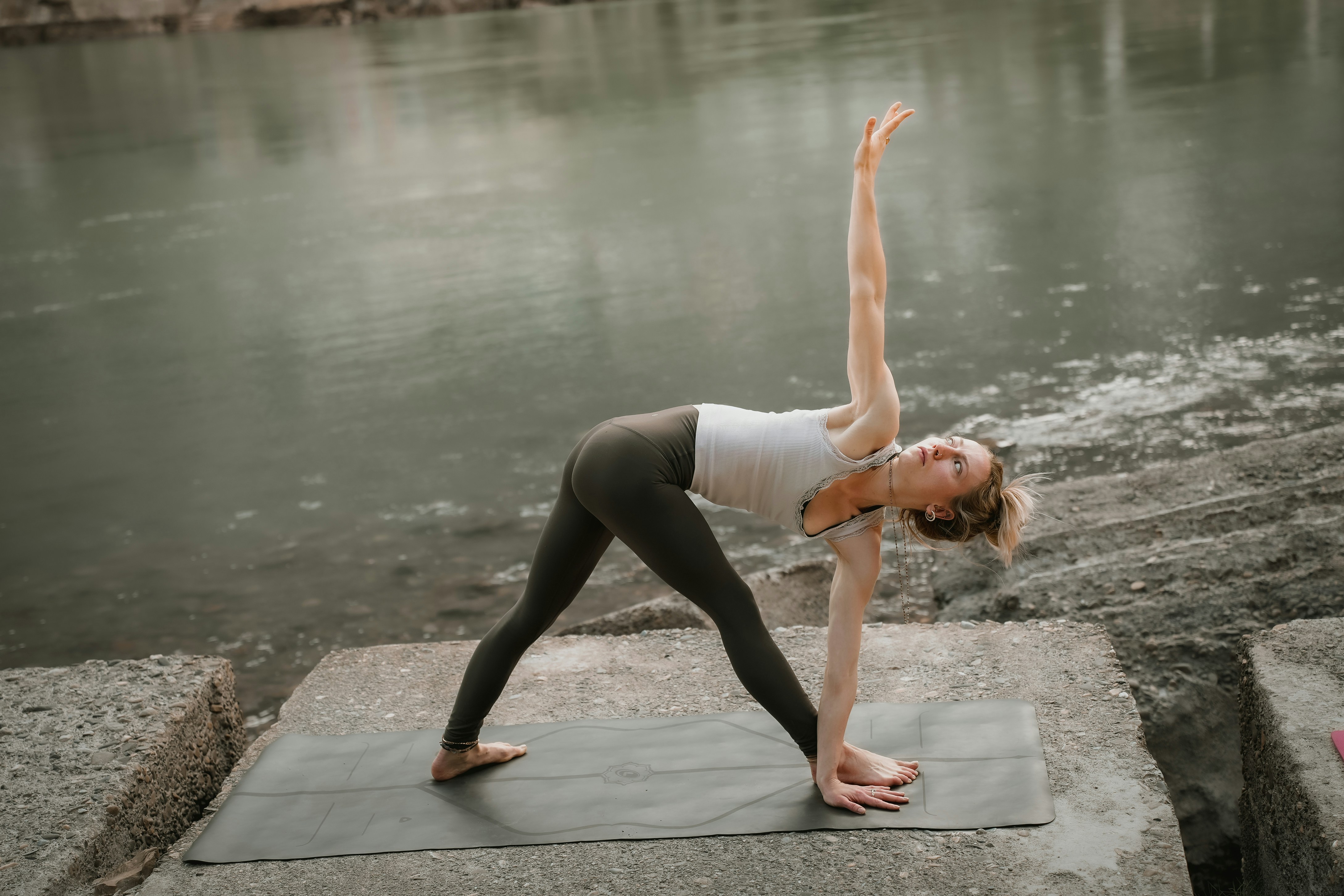The Yoga League
Unlock Ageless Vitality: Transform Your Life With Yoga at Any Age

Yoga is a practice that transcends age. Over the years, I’ve come to understand that it’s not just for the young and flexible. While many people assume yoga is only for agile, fit individuals, nothing could be further from the truth.
I’ve practiced yoga for many years, and I can confidently say that anyone can start yoga at any age. In fact, some of the most inspiring yogis I’ve met began their practice later in life. Despite starting late, they have experienced transformative physical and mental benefits.
So, is it ever too late to start yoga? The answer is a resounding no. Yoga is for everyone—no matter your age, background, or experience level.
Yoga Is Accessible at Any Age
When I began practicing yoga in my twenties, I believed it was only for those who were already strong and bendy. However, I soon realized that yoga isn’t about perfection or achieving extreme flexibility. Instead, it’s about self-acceptance and being present with your body.
Over time, I learned that yoga is a deeply personal journey. It evolves with you, meets you where you are, and grows alongside you. This understanding is especially important for people who are considering yoga later in life.
If you are in your 50s, 60s, or beyond, the benefits of starting yoga now can still be profound. Fortunately, yoga can be modified to meet your body’s unique needs. Whether you have stiffness, joint pain, or limited range of motion, you can still enjoy the practice in a way that feels supportive and rewarding.
A Practice That Meets You Where You Are
When I first started, I was intimidated. I worried I wouldn’t be able to keep up with the others in class. Eventually, I discovered that yoga isn’t a performance or a competition. Rather, it’s an invitation to slow down, to breathe, and to tune into your own experience.
For those starting later in life, this is especially important. There are many styles of yoga designed to be gentle and accommodating. For example, restorative yoga emphasizes relaxation and mindful stretching, which is ideal for easing into the practice. Meanwhile, chair yoga allows individuals with limited mobility to enjoy the benefits of yoga without getting down on the floor.
No matter where you are in your journey, yoga can meet you there. Whether you want to stretch, breathe, strengthen, or simply find stillness, there is a practice that will suit your needs.
The Physical and Mental Benefits of Yoga
As we get older, we naturally lose some flexibility, strength, and balance. Thankfully, yoga can help us maintain or even improve these vital aspects of physical health. The regular practice of postures and breathing exercises strengthens muscles, increases range of motion, and helps prevent injury.
When I started yoga, I had tight hips and hamstrings. But with time and consistency, I became more flexible and mobile. I also noticed better posture and fewer aches. Many people who begin yoga later in life report improvements in joint health, mobility, and overall energy.
Equally important are the mental benefits of yoga. Through breathwork and meditation, yoga helps reduce stress and anxiety. Personally, it has brought me a sense of peace and grounding that I carry into my daily life.
For older adults, this mental clarity can be a game-changer. Managing stress can support heart health, lower blood pressure, and reduce the risk of chronic illness. Moreover, yoga fosters a sense of empowerment and self-confidence at any age.
Common Concerns About Starting Later
Understandably, many people hesitate to start yoga later in life. You might wonder, “Will I be able to keep up?” or “Is my body too stiff to do this?” These questions are completely valid. However, it’s important to know that you are not alone.
Yoga does not require you to be flexible, strong, or athletic to start. In fact, those are often the results of practice—not prerequisites. Props like blocks, straps, and blankets are there to support you. I used them extensively when I began, and they helped me feel confident and capable in every pose.
In addition, yoga encourages you to listen to your body. Modifications are always available. You can skip poses, take breaks, or simply rest when needed. This kind of freedom makes yoga uniquely inclusive.
How to Start Your Yoga Practice
If you’re ready to begin your yoga journey, here are a few practical steps that can help you get started with ease:
- Start with beginner classes. Look for yoga classes specifically tailored to beginners or older adults. These classes usually progress slowly and focus on safe alignment.
- Choose gentle or restorative styles. Hatha, restorative, or yin yoga can be less physically demanding and are great for easing into the practice.
- Make use of props. Don’t hesitate to use blocks, straps, or bolsters. They provide support and make each pose more accessible.
- Be consistent, not intense. Focus on showing up regularly rather than pushing yourself hard. Small, steady progress leads to lasting results.
- Consider a private session. If you feel unsure, try booking a session with a certified yoga teacher. They can help personalize your practice and ensure safety.
Above all, be kind to yourself. Your journey is unique and worth celebrating.
The Takeaway: Yoga Is for Everyone
So, is it ever too late to start yoga? Not at all. Yoga is an ageless practice that welcomes every person, regardless of when they start.
It strengthens the body, calms the mind, and nurtures the spirit. Whether you are seeking physical flexibility, emotional balance, or inner peace, yoga has something to offer.
If you’ve been on the fence, consider this your sign. Now is the perfect time to begin.
Your body will feel more open. Your mind will feel more centered. And your heart will thank you.
Take that first step today—your yoga journey awaits.











